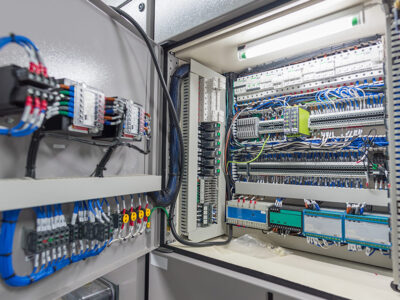
Creating a positive workplace culture is essential for fostering a productive and harmonious work environment. This involves not just building strong relationships but also effectively managing and preventing conflicts. By focusing on proactive strategies, businesses can ensure a more cohesive and collaborative atmosphere in the office.
Understanding the Importance of Conflict Prevention
Conflicts in the workplace are often inevitable, but their negative impact can be significantly mitigated with the right approach. Proactive conflict prevention starts with understanding the common causes of disputes and addressing them before they escalate. This includes recognising personality clashes, communication breakdowns, and competition for resources.
Implementing conflict management training is an effective strategy. Such training equips employees with the skills to handle disagreements constructively, promoting a culture of understanding and respect. It helps in identifying potential conflict situations early and resolving them amicably.
Promoting Open Communication
Open and transparent communication is the cornerstone of a positive workplace culture. Encouraging employees to express their thoughts and concerns openly can prevent misunderstandings that often lead to conflicts. Regular team meetings, one-on-one sessions, and open-door policies are excellent ways to promote communication.
Leaders play a crucial role in this. By setting an example of open and honest communication, they create an environment where employees feel valued and heard. This, in turn, fosters trust and respect, reducing the likelihood of conflicts arising from miscommunication.

Cultivating Mutual Respect and Understanding
Respect and understanding among team members are vital for preventing office conflicts. This involves acknowledging and appreciating the diverse perspectives and backgrounds each member brings to the table. Activities that promote team bonding and understanding can be particularly beneficial in building mutual respect.
Workshops and team-building exercises that focus on empathy and listening skills can help in understanding different viewpoints. When employees feel respected and understood, they are more likely to collaborate effectively and less likely to engage in conflicts.
Implementing Effective Conflict Resolution Policies
Despite best efforts, conflicts may still occur. Having clear, fair, and effective conflict resolution policies in place is crucial. These policies should outline the steps to be taken when a conflict arises, ensuring that it is addressed swiftly and constructively.
Training managers and leaders in conflict resolution is also essential. They should be equipped to handle disputes impartially and professionally, ensuring that all parties involved feel heard and understood. This not only resolves the immediate conflict but also reinforces a culture of fairness and respect.
Building a positive workplace culture where conflicts are effectively prevented and managed requires ongoing effort and commitment. By prioritising open communication, mutual respect, and effective conflict management strategies, businesses can create an environment where employees feel supported and valued. This not only enhances productivity but also contributes to the overall well-being of everyone in the organisation. The key is in maintaining these practices consistently, ensuring a harmonious and dynamic workplace where every individual can thrive.











